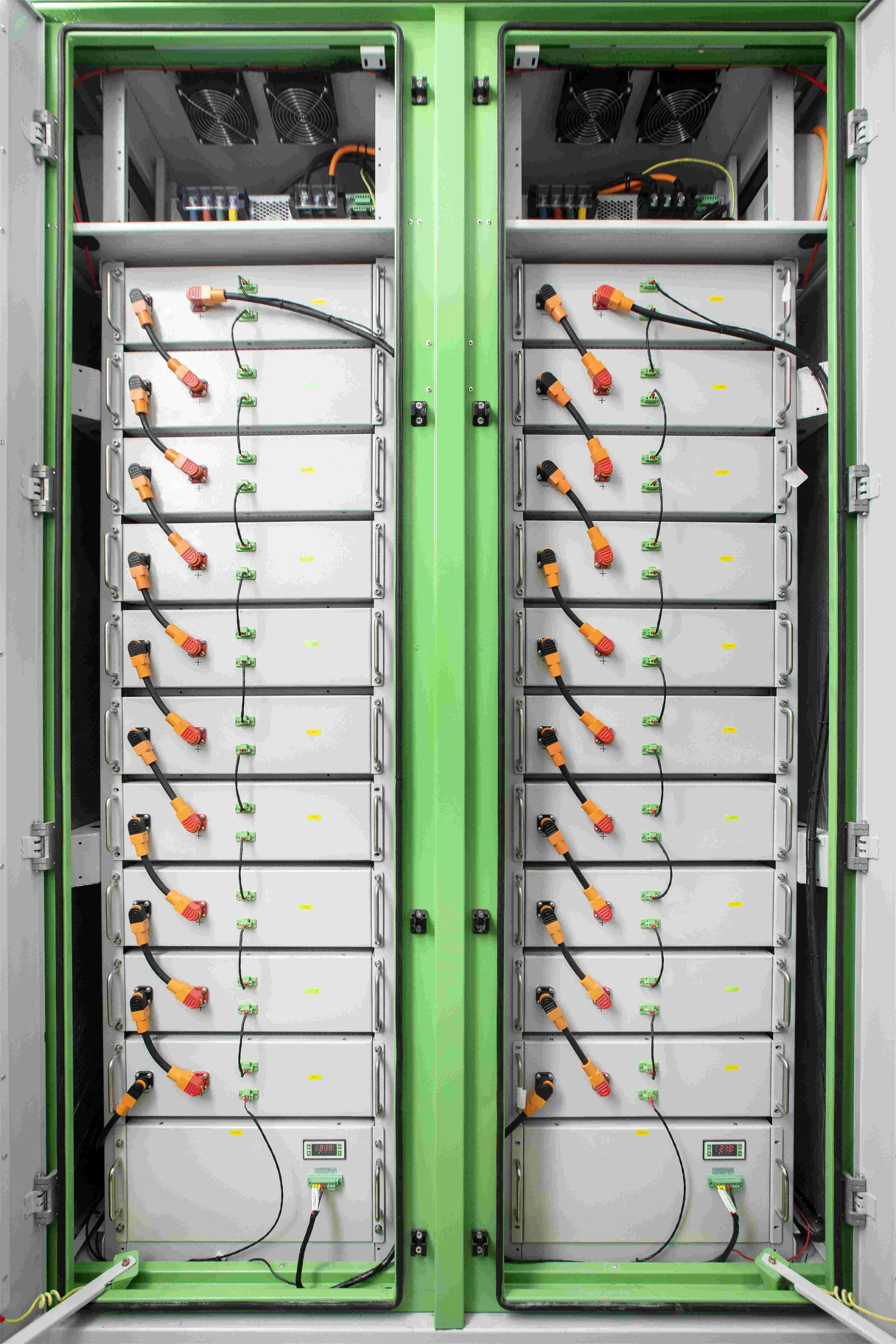
Dec . 06, 2024 17:27 Back to list
distributed energy storage
Distributed Energy Storage A Key Component of Renewable Energy Transition
In recent years, the global shift towards renewable energy has gained unprecedented momentum, driven by the urgent need to combat climate change and reduce reliance on fossil fuels. One significant advancement in this transition is distributed energy storage (DES), a concept that captures the essence of localized energy management and reinforces the integration of renewable energy sources such as solar and wind power.
Distributed energy storage refers to the deployment of energy storage systems at or near the point of energy consumption. Unlike traditional, centralized energy storage systems, which are typically large-scale facilities connected to the power grid, distributed systems can be found in residential homes, commercial buildings, and even at the community level. This decentralization offers numerous advantages, paving the way for a more resilient and efficient energy landscape.
One of the primary benefits of distributed energy storage is its ability to enhance grid stability. As more renewable energy sources are integrated into the electricity grid, they bring inherent challenges—primarily intermittency. Solar and wind power generation is dependent on weather conditions, which can result in fluctuations in energy supply. DES systems, such as batteries, can store excess energy produced during peak generation times and release it during periods of low generation, effectively bridging the gap and ensuring a stable energy supply.
Moreover, distributed energy storage can significantly reduce energy costs for consumers. By utilizing stored energy during high-demand periods, households and businesses can avoid peak pricing, leading to substantial savings on electricity bills. Additionally, virtual power plants (VPPs) can aggregate multiple distributed storage systems to function as a single entity, further optimizing energy use and contributing to grid support.
distributed energy storage

The environmental impact of distributed energy storage is also noteworthy. By facilitating the use of renewable energy, DES systems can help decrease greenhouse gas emissions and reduce environmental degradation associated with fossil fuel extraction and consumption. The implementation of DES aligns with global efforts to achieve carbon neutrality and supports countries in meeting their climate targets.
Another compelling aspect of distributed energy storage is its role in enhancing energy independence and security. By empowering individuals and communities to generate and store their own energy, DES systems diminish reliance on centralized power plants and reduce vulnerability to grid outages. This decentralized approach fosters a more robust energy system that can better withstand natural disasters and other disruptions, ultimately promoting energy resilience.
However, the widespread adoption of distributed energy storage is not without challenges. The initial capital investment for energy storage technologies can be high, which may deter individual consumers and small businesses from making the transition. Additionally, regulatory frameworks and incentives need to evolve to support the growth of DES. Policies that promote energy storage installations, such as tax credits, rebates, and net metering, can bolster market attractiveness.
In conclusion, distributed energy storage plays a vital role in the transition to a more sustainable and resilient energy future. By providing solutions for grid stability, cost savings, environmental benefits, and energy independence, DES systems represent a pivotal step toward harnessing the full potential of renewable energy. As technology continues to advance and regulatory frameworks adapt, the future of distributed energy storage looks increasingly promising, paving the way for a cleaner, more sustainable energy landscape for generations to come. Embracing this transformation will not only benefit individuals and communities but will also contribute significantly to the global fight against climate change.
-
Advanced AI Energy Management with GPT-4 Turbo
NewsAug.02,2025
-
AI-Powered EMS with GPT-4-Turbo | Efficiency Boost
NewsAug.01,2025
-
Optimized Storage System for GPT-4-Turbo | High Performance
NewsJul.31,2025
-
AI Energy Management System w/ GPT-4 Turbo Efficiency
NewsJul.31,2025
-
High-Performance Energy Storage System for Reliable Power Solutions
NewsJul.30,2025
-
Advanced EMS Solutions for Energy Management System & Storage Battery Companies
NewsJul.29,2025























